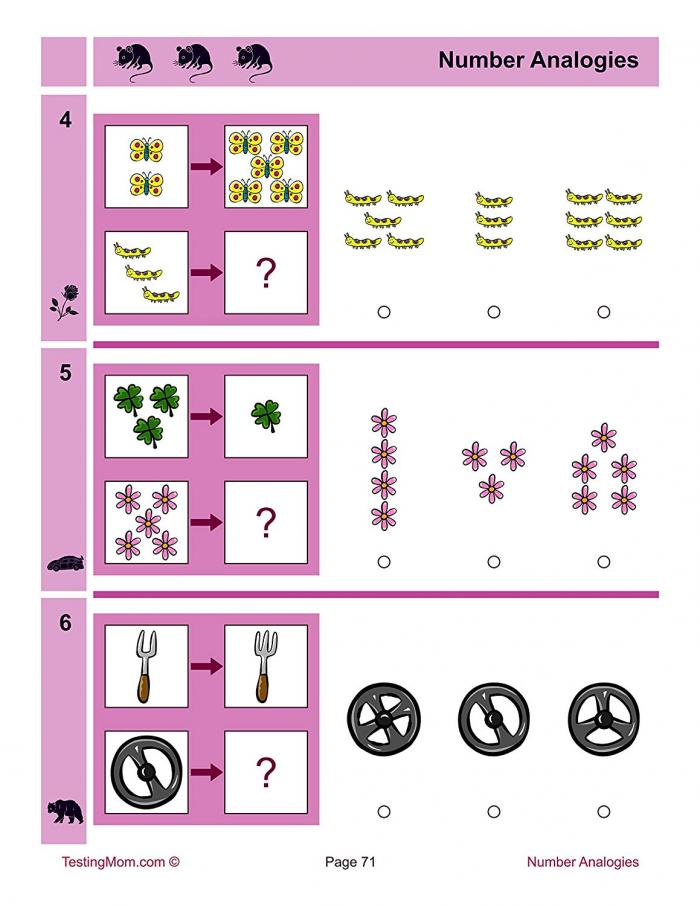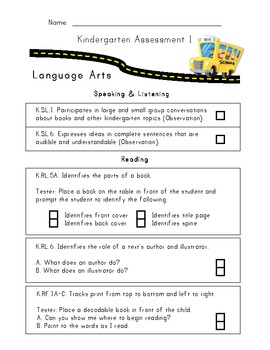

- #Social questions in kindergarten screening test how to#
- #Social questions in kindergarten screening test update#
- #Social questions in kindergarten screening test full#
- #Social questions in kindergarten screening test free#
Understanding and choosing assessments and developmental screeners for young children ages 3-5: profiles of selected measures: final report. doi:10.7861/clinmedicine.17-6-558īDI-2 Data Manager Guide to Use for the Florida Birth-to-Five Child Outcomes Measurement System. A clinical approach to developmental delay and intellectual disability. Gross Motor Milestones and Subsequent Development. Ghassabian A, Sundaram R, Bell E, Bello SC, Kus C, Yeung E.
#Social questions in kindergarten screening test update#
2015.īattelle Developmental Inventory, 2nd Edition Normative Update (BDI-2 NU). Battelle Developmental Inventory: 2nd Edition. Battelle Developmental Inventory: 2nd Edition in Goldstein S, Naglieri JA (eds) Encyclopedia of Child Behavior and Development.
#Social questions in kindergarten screening test how to#
Developmental Delay: When and How to Screen. These data help inform state and district-level decisions about education policy and investments, and classroom decisions about. Cognitive skills: Cognitive skills are essentially the ability of a person to gain meaning and knowledge from experience and information. The Pennsylvania Kindergarten Entry Inventory (KEI) is a 30 question, observational assessment of learning skills of students starting kindergarten across. The Washington Kindergarten Inventory of Developing Skills (WaKIDS) is a transition process that helps to ensure a successful start to the K-12 experience and connect the key adults in a child’s life.Communication skills: The evaluation of communication includes evaluation of expressive language (primarily spoken language in this age group) and receptive language (understanding spoken language.).Motor skills: Motor development assessment includes evaluation of both gross motor skills and fine motor skills.Personal and social skills: Social skills, best known for their role in autism spectrum disorders, are different than the communication skills of expressive and receptive language listed below.These may include skills such as getting dressed , the ability to make friends, and following basic rules to avoid dangers (such as holding an adult's hand while crossing a busy street.) Certainly, infants and younger children do not need to be able to balance a checking account, but adaptive skills appropriate for age are carefully assessed. Adaptive behavior: Adaptive behaviors are those that, as an adult, are necessary to function independently in society.
#Social questions in kindergarten screening test full#
Teach your child her full name, parent’s names, and phone number. Work with your child to learn to write her name.Ĭount numbers up to 30, and even sing about them.

Help your child learn how to use blunt-tipped safety scissors – not just cutting skills, but how to hold scissors safely.Įncourage drawing and coloring, and talk about your child’s artwork together. Stringing beads, building blocks, and rolling out play dough are all great ideas.Įncourage writing using all types of materials, including crayons, chalk, and paint brushes. Let your child practice large muscle movements, like running, climbing, and jumping.Įncourage your child to play using small muscle movements. For example, when cooking together, explain the steps you’d like your child to complete along the way. Give your child simple, step-by-step directions to follow.

#Social questions in kindergarten screening test free#
Get 100 free practice questions to get started. Talk with your child, tell him about your day and what you’re doing, and ask him questions about his day. (877) 609-6203 : Instantly view, download, and print over 50,000 Practice Questions. Rhyming songs and songs with repeated rhythm patterns are fun – along with your own favorite tunes, of course! Read with your child, and point out letters, numbers, and shapes as you turn each page. This can include having your child get dressed on her own (or with minimal help) in the morning or taking on small daily tasks and routines like clearing her plate or filling her water bottle.Įncourage consistent hygiene skills like washing hands before and after meals. Read books about kindergarten or going to school and talk about them together.Įncourage independence throughout the day. Let your child play! Activities like imaginary/make-believe, board games, and “cooperative” or team games (like soccer) are great examples. Here are some ways you can help prepare your child for the big day. Starting TK or kindergarten is an exciting milestone for your child.


 0 kommentar(er)
0 kommentar(er)
